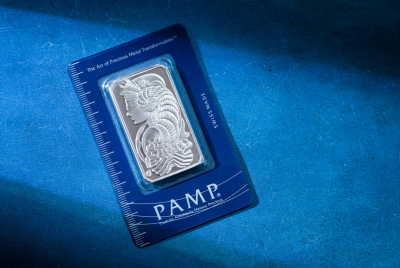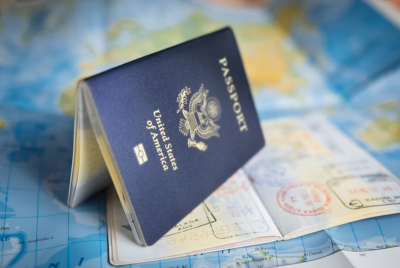Foxconn Bags $16M Boost — as America Builds a Chip Shield for a Future 'China War'
The economic ties linking the US, Taiwan, and Foxconn could unravel in a future conflict with China.

The Wisconsin Economic Development Corporation (WEDC) announced on 25 November 2025 that the Board of Directors approved up to $16 million (£12.8 million) in additional performance-based tax incentives for Foxconn. The Taiwanese firm is the world's largest electronic manufacturing service provider.
The Board-approved contract amendment supports the company's investment of an additional $569 million (£432.4 million) to expand its operations in Racine County, southeastern Wisconsin. In exchange for the tax incentives, Foxconn will create 1,374 new jobs over the next four years.
WEDC is the state's leading economic development organization. Sam Rikkers, deputy secretary and chief operating officer of WEDC, said, "WEDC has been committed to ensuring Foxconn's success and growth in our state. This new amendment reflects Foxconn's status as one of the many leading global manufacturers that have chosen to grow in Wisconsin.'
Exigent Issue
A pressing concern that will not go away anytime soon is the China-Taiwan conflict. Beijing has maintained its position that Taiwan is a breakaway province. Furthermore, Taiwanese independence is considered a criminal offense.
On the other hand, the US recognizes the People's Republic of China as the sole legal government of China. Washington has no official diplomatic relations with Taiwan but supports its democracy and is committed to providing defensive weapons to the island.
Taiwan is also a top US trade partner and a key link in global technology and manufacturing supply chains. Its economy is highly dependent on global trade, where exports account for roughly 70% of gross domestic product (GDP).
Unofficial Diplomatic Relations
The American Institute in Taiwan (AIT), a non-governmental organization mandated by the Taiwan Relations Act, carries out the unofficial US-Taiwan relations. with Besides trade and investment, there are deals in supply chains and in other sectors such as health, science and technology, and semiconductors.
The big question is what will happen to the strong economic ties in a future China-Taiwan conflict? The CHIPS and Science Act aims to reduce US reliance on Taiwan. This federal statute was enacted by the 117th United States Congress and signed into law by President Joe Biden on 9 August 2022. It also ensures that America will remain a global leader in science and technology.
Better Deterrence
Chen Ming-chi, Deputy Foreign Minister of Taiwan, said in an interview, 'China cannot peacefully coexist with democracies.' Even though President Trump assured that Xi Jinping promised not to invade Taiwan during his term, Ming-chi said Taiwan will not base its defense policy on any empty promise.
According to the foreign minister, Taiwan faces two situations, D-Day and day-to-day, or invasion and pressure. Also, U.S. weapons have long been essential.
On 26 November 2025, Lai Ching-te, President of Taiwan, announced a special $40 billion (£30.4 billion) budget for arms purchases. In addition to the air defense system with high-level detection and interception capabilities, the government will build a Taiwan Dome.
The Taiwanese president said, 'China's threats to Taiwan and the Indo-Pacific region are escalating. Recently, various types of military intrusions, maritime gray zones, and disinformation campaigns have been occurring in Japan, the Philippines, and around the Taiwan Strait, causing deep unease and distress to all parties in the region.'
For now, the US policy of 'strategic ambiguity' deters China from attacking Taiwan. Meanwhile, it prevents Taiwan from provoking Beijing.
© Copyright IBTimes 2025. All rights reserved.




















